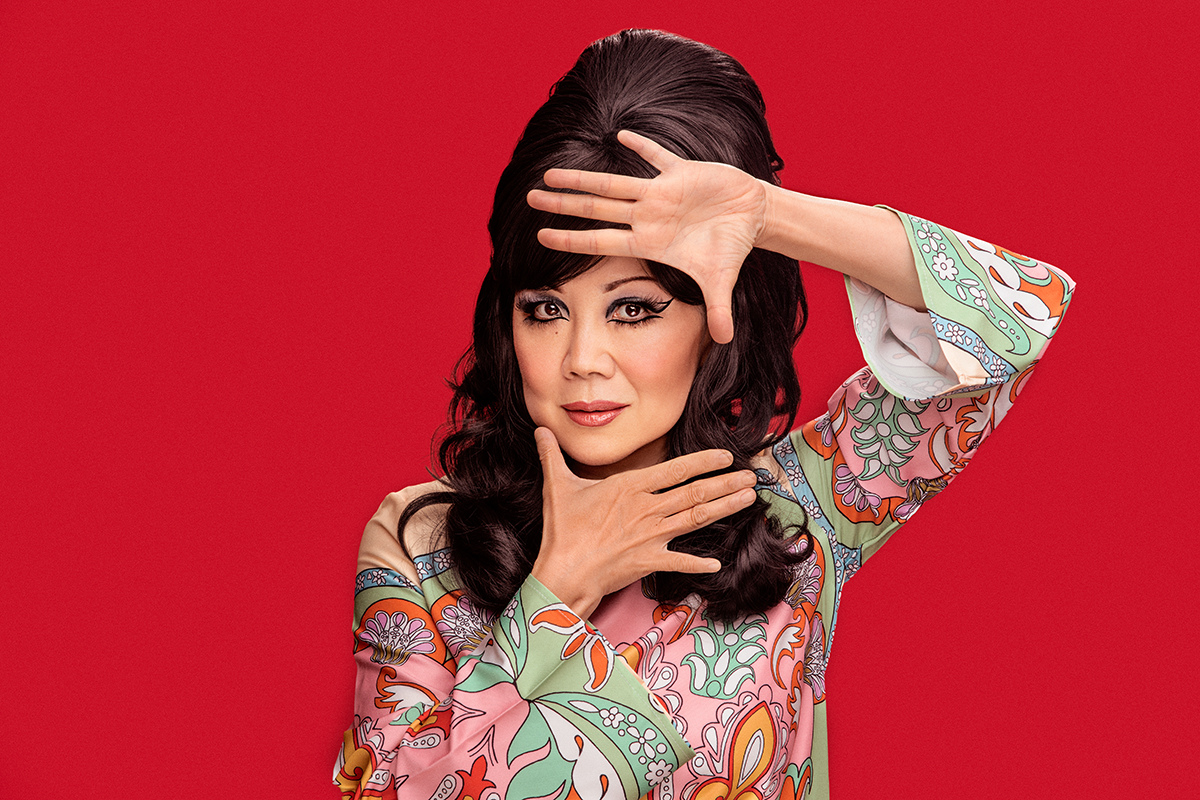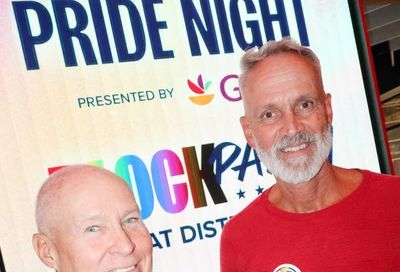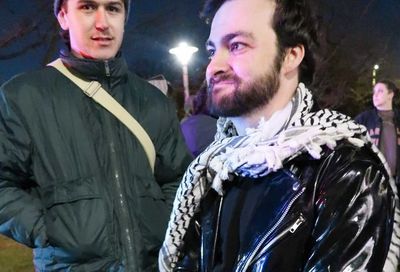Over the weekend, President Barack Obama made an official state visit to Brazil, including a meeting with Brazilian President Dilma Rousseff. Included in the joint statement issued by the leaders about the relationship between the two countries was news that the two leaders would work within the Organization of American States to establish a “Special Rapporteur” to help in “promoting respect for the human rights of lesbian, gay, bisexual and transgender individuals.”
From the leaders’ statement:
The leaders stressed the shared commitment to promote and protect human rights and to support the consolidation of democracy around the world. In keeping with the Inter-American Democratic Charter, they reaffirmed that democracy is essential to political, economic, and social development. They reiterated that the values of liberty, equality, and social justice are intrinsic to democracy, and that the promotion and protection of human rights is a basic prerequisite for the existence of a democratic society. …
They agreed to cooperate in advancing democracy, human rights and freedom for all people bilaterally and through the United Nations and other multilateral fora, including ensuring respect for human rights in the context of the democratic movements and transitions; strengthening the UN Human Rights Council as recently demonstrated in the case of the creation of the Commission of Inquiry on Libya; promoting respect for the human rights of lesbian, gay, bisexual and transgender individuals through the establishment of a Special Rapporteur at the OAS; and improving the conduct of free and fair elections regionally and globally, including through the promotion of human rights in the context of elections and increasing their accessibility to disabled persons.
The OAS, according to its website, “was established to achieve among its member states, as stated in Article 1 of its Charter, ‘an order of peace and justice, to promote their solidarity, to strengthen their collaboration, and to defend their sovereignty, their territorial integrity, and their independence.'”
According to the website, “The OAS uses a four-pronged approach to effectively implement its essential purposes, based on its pillars: democracy, human rights, security, and development.”
 The OAS currently has a similar position, a Special Rapporteur for Freedom of Expression, a post created by the Inter-American Commission on Human Rights in 1997. That post was established “in response to the recommendations of broad sectors of society in different States throughout the hemisphere who shared a deep concern over the constant restriction of freedom of expression and information.” The Inter-American Commission on Human Rights (IACHR), described as an “autonomous organ” of the OAS, is one of two entities established under the OAS to address human rights issues in the Americas and is made up of a seven-member board elected by the General Assembly of the OAS.
The OAS currently has a similar position, a Special Rapporteur for Freedom of Expression, a post created by the Inter-American Commission on Human Rights in 1997. That post was established “in response to the recommendations of broad sectors of society in different States throughout the hemisphere who shared a deep concern over the constant restriction of freedom of expression and information.” The Inter-American Commission on Human Rights (IACHR), described as an “autonomous organ” of the OAS, is one of two entities established under the OAS to address human rights issues in the Americas and is made up of a seven-member board elected by the General Assembly of the OAS.
Both Brazil and America have representation on the newest board, which held elections today. George Washington University Law professor Dinah Shelton (bio) was elected chair of the board, according to a news release issued by the IACHR. The other members are from Chile, Colombia, El Salvador, Mexico, Venezuela
It was not immediately clear whether the LGBT Special Rapporteur post has support from other IACHR members and, if so, when the post would be established.
[Photo: Shelton (Photo from GW Law website.)]


 The OAS currently has a similar position, a
The OAS currently has a similar position, a 


















